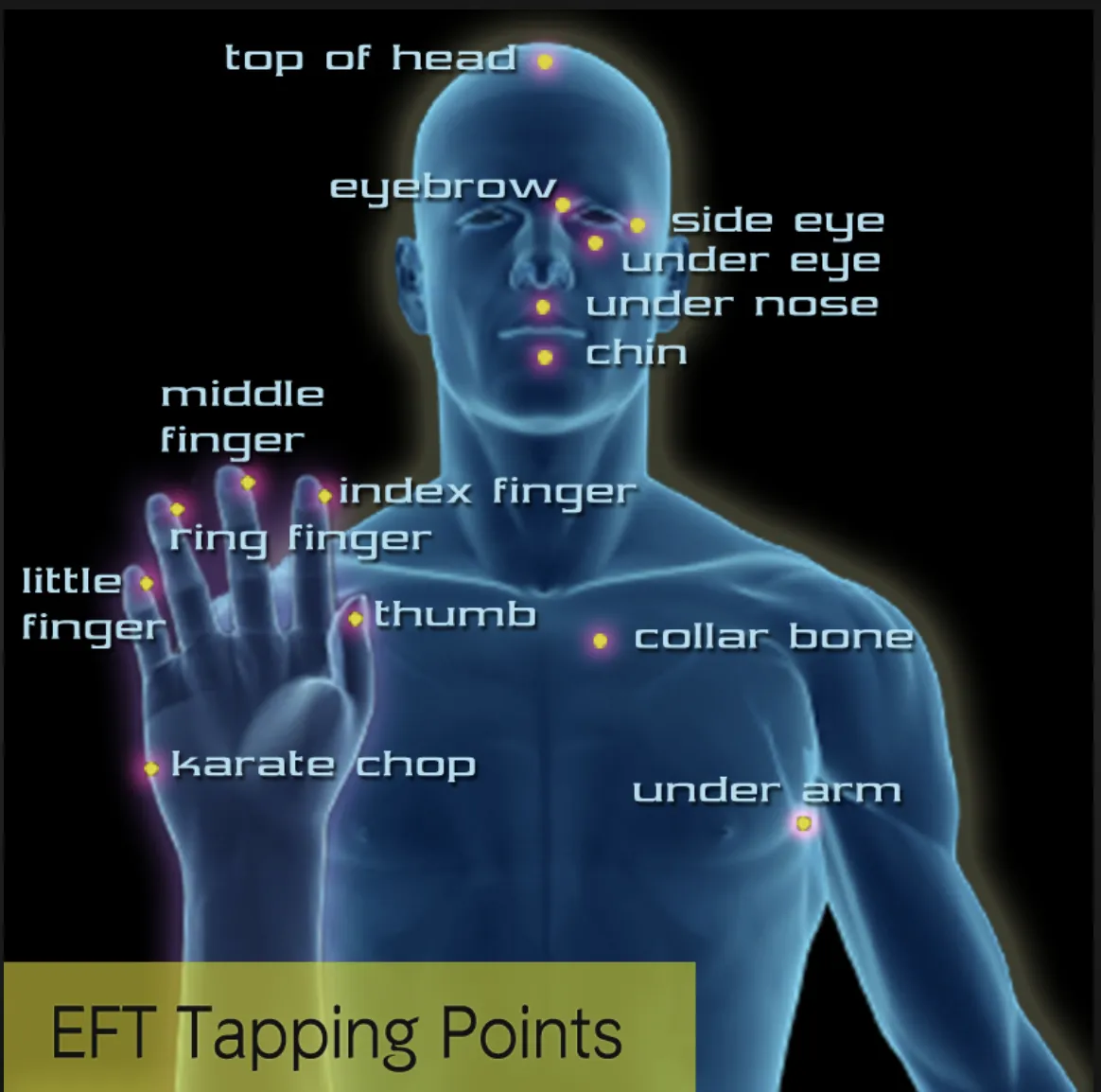STRESS
What is Stress?
Stress is your body’s natural reaction to pressure. In short bursts it can motivate you — but when stress becomes constant, it leaves your nervous system stuck in “fight, flight, or freeze” mode. Over time, this takes a toll on your health, mood, and relationships.
Common Symptoms of Stress
Racing heart or palpitations
Muscle tension, headaches, or jaw clenching
Stomach churning or digestive problems
Irritability, anger, or tearfulness
Difficulty concentrating or sleeping
Feeling overwhelmed or “on edge”
The Science Behind Stress
When your brain perceives a threat, it triggers the release of adrenaline and cortisol — hormones that prepare you to run from danger. But in modern life, stress often comes from bills, deadlines, or worries — not lions or tigers. Your body reacts the same way, even though you aren’t in physical danger.
Living in this constant state of alert can drain your energy and, if left unaddressed, may lead to burnout or even symptoms of PTSD.
How EFT Can Help with Stress
EFT (Emotional Freedom Techniques, or tapping) combines gentle tapping on acupuncture points with focusing on thoughts and feelings. Research shows EFT helps reduce cortisol, calm the nervous system, and restore emotional balance.
With regular tapping you can:
Release built-up tension
Feel calmer and more centred
Reduce physical symptoms like headaches or stomach upset
Regain clarity and energy
Gentle Reminder
It’s safe to pause. Each breath and each tap is a step back to calm.
Research Spotlight:
A 2019 meta-analysis published in Journal of Nervous and Mental Disease found EFT significantly reduced symptoms of depression, anxiety, and PTSD.
A 2016 study in Energy Psychology showed that EFT reduced cortisol by 43% after a single session, supporting its ability to calm the nervous system.
How to Tap for Stress - click on the button below - see tapping points in the diagram beneath the button.



FAQS
Do I need a practitoner?
Not at all — you can do EFT by yourself using the tapping points and some simple phrases. But if you’re working through something very deep or painful, a practitioner can guide you safely and help you go further.
What if I get emotional while tapping?
That’s actually a good sign — it means the emotion is moving and being released. If it feels overwhelming, just pause, take a breath, and keep tapping gently until you feel calmer.

How often should I do EFT?
As often as you like. Some people use it daily as part of their self-care, others only when something comes up. Even a few minutes can make a difference.

Can I EFT make things worse?
Sometimes feelings rise up before they ease. That can feel uncomfortable in the moment, but it usually settles quickly. If it ever feels too much, stop, breathe, drink some water, and return when you’re ready
